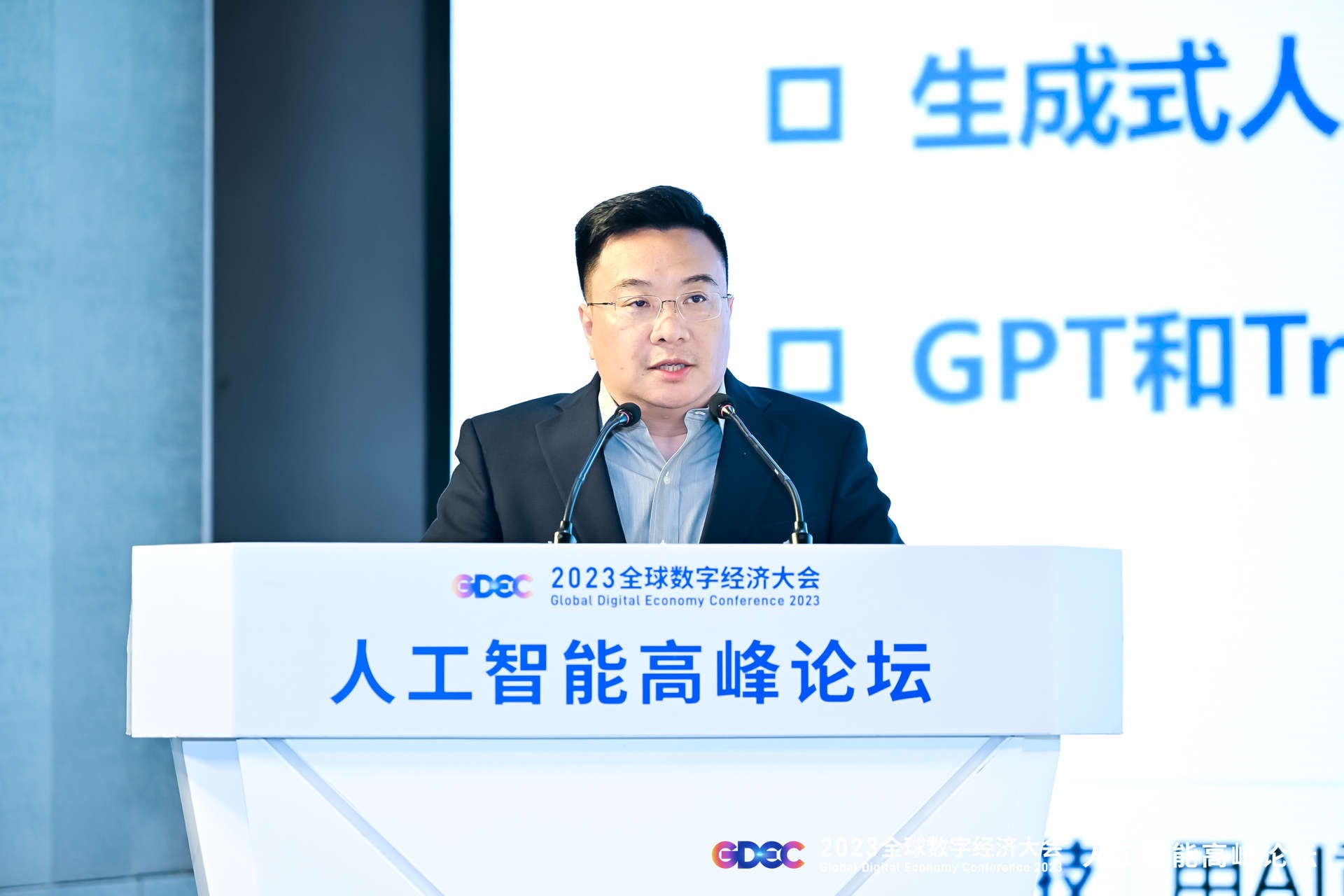China's Ambitious AI Expansion Strategy
Under the ambitious goal of becoming the world's No. 1 in artificial intelligence (AI) by 2030, the Chinese Communist Party is rapidly advancing its overseas expansion strategy. Beyond focusing solely on technology development, Chinese start-up "Zhipu AI" has been making significant moves in exporting "national AI solutions" to regions such as Southeast Asia, the Middle East, and Africa.
Zhipu AI's Global Initiatives
According to a recent report by OpenAI, Zhipu AI is actively collaborating with ASEAN countries, the UAE, Saudi Arabia, Kenya, and Pakistan to jointly develop large language models (LLMs) tailored for each nation or provide equipment from Huawei. This expansion includes the establishment of a "Content Safety Research Institute" in Dubai, supported by a $400 million investment from Saudi Aramco's "Prosperity 7" fund.

Strategic Investments and Independence
Regarded as one of China's next-generation LLM startups, Zhipu AI, also known as the "AI Tiger," has positioned itself as a strategic investment entity of the Chinese government. By prioritizing its own technological advancements and avoiding collaborations with competitors, Zhipu AI aims to bolster China's technological ecosystem independently, reducing reliance on U.S. technology.
Business Model and Global Influence
Zhipu AI's business model is structured around three key elements: providing sovereign AI infrastructure, delivering AI hardware based on Huawei technology, and sharing AI governance expertise. This approach aims to assist developing nations and state-owned enterprises in countries like Vietnam, Indonesia, Malaysia, and Kenya in establishing autonomous AI systems. This strategic move is seen as a response to the U.S.'s "Open AI for Countries" initiative.
Growing Influence and National Standards
OpenAI notes that China is proactively setting up systems and standards in emerging markets before potential U.S. or European competitors enter the scene. By promoting responsible, transparent, and monitored AI externally, China is effectively solidifying its influence globally.

International Infrastructure Partnerships
OpenAI is also exploring partnerships for national infrastructure in regions like the Middle East and Asia. Recently, through a collaboration with the UAE, plans were made to construct a large "Stargate UAE" data center in Abu Dhabi, further enhancing China's foothold in AI development and governance.



















